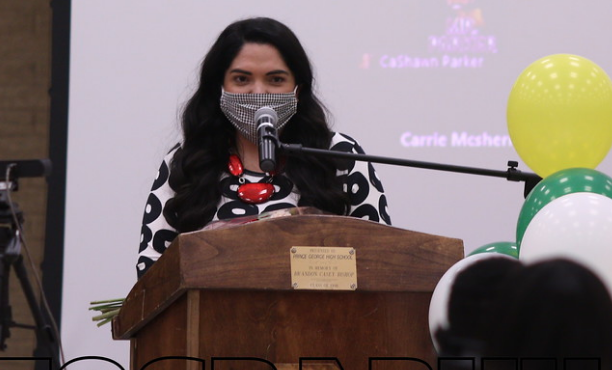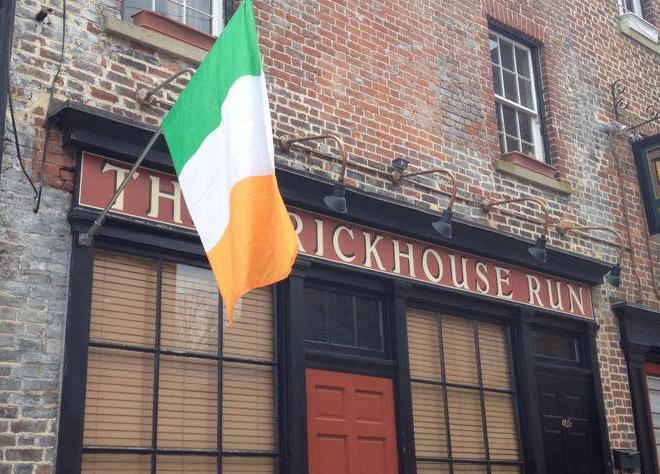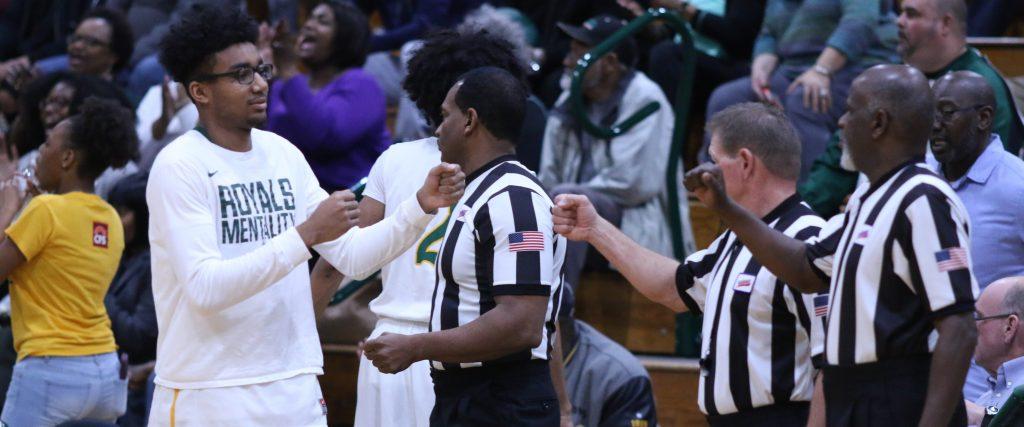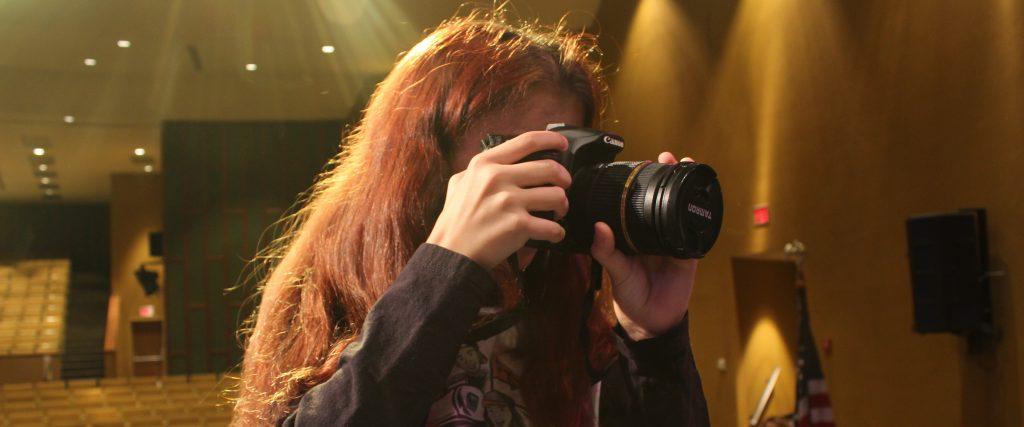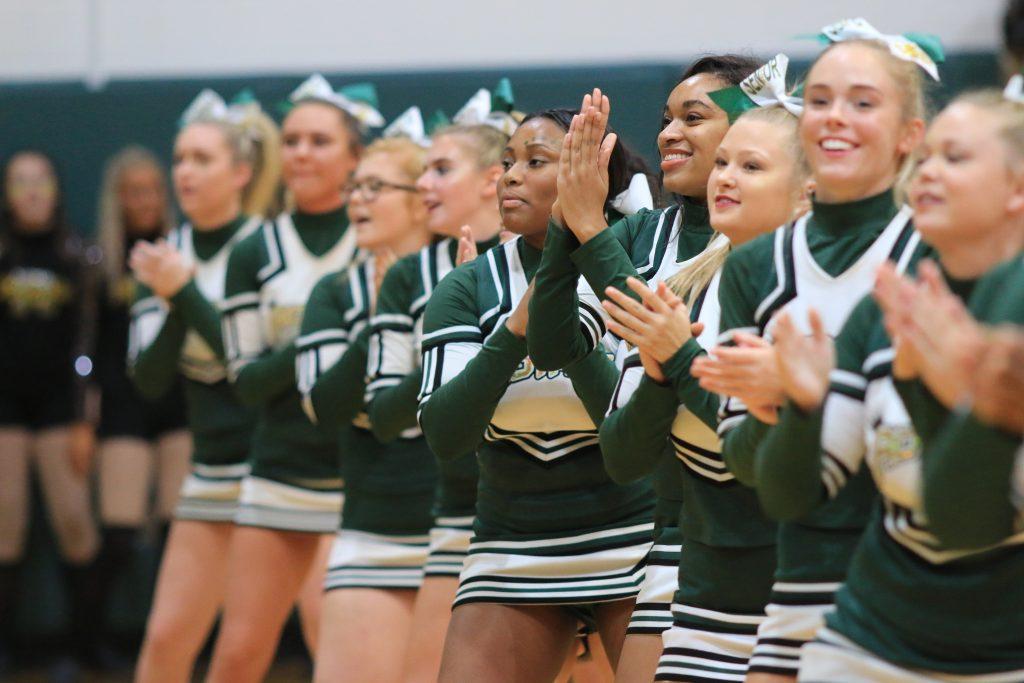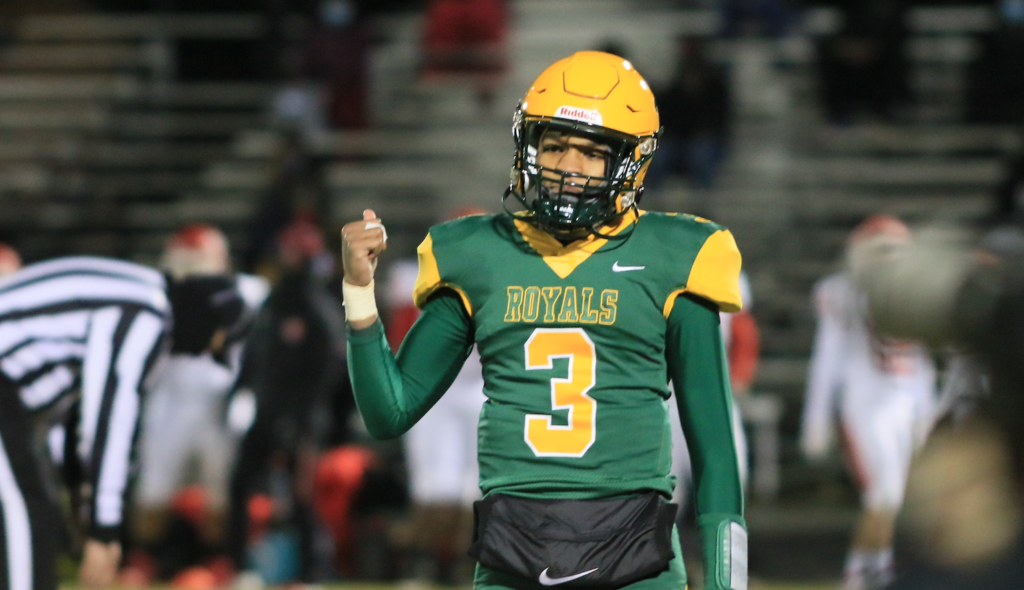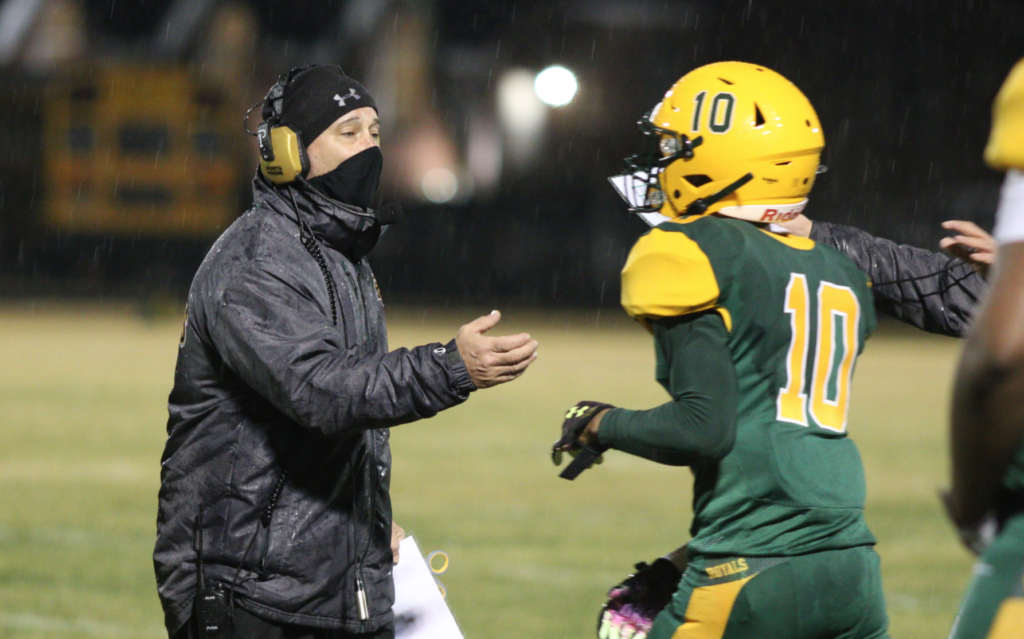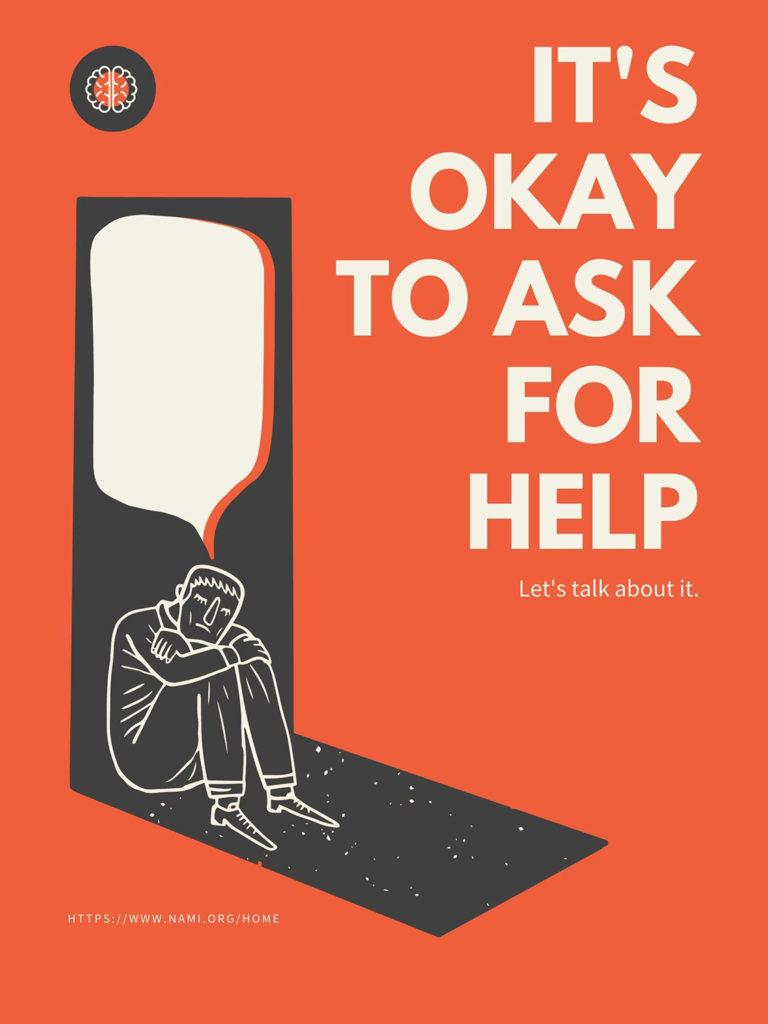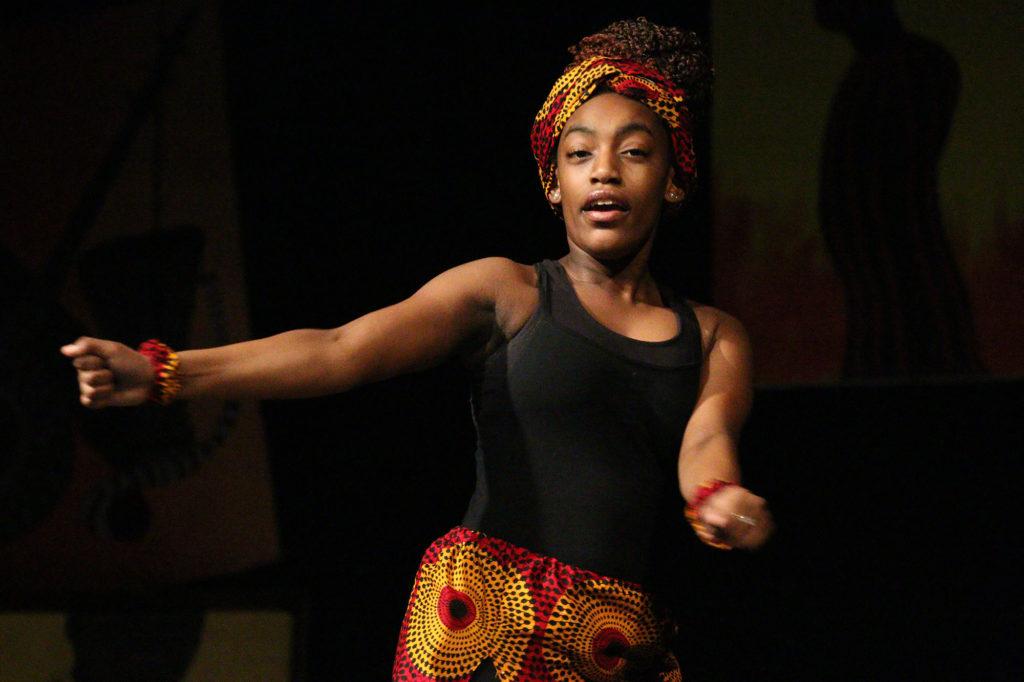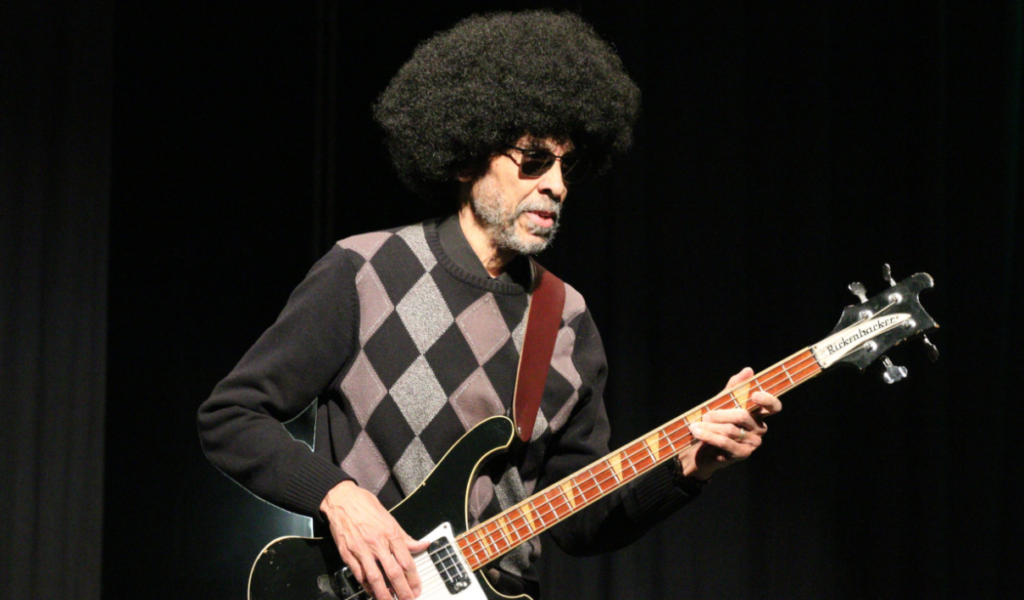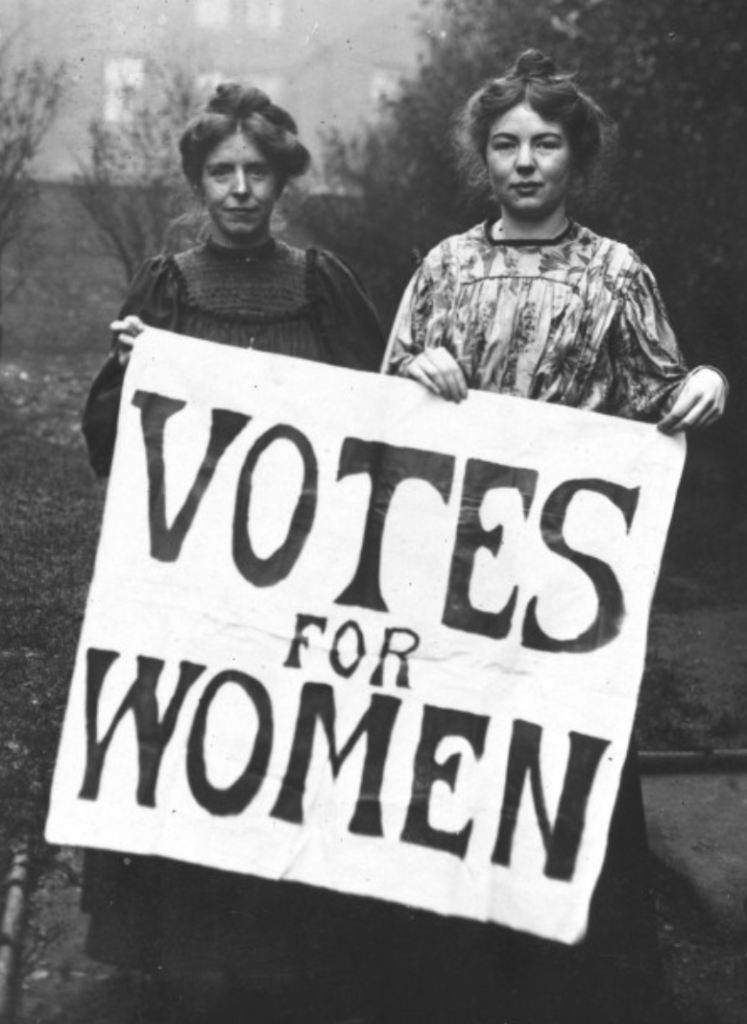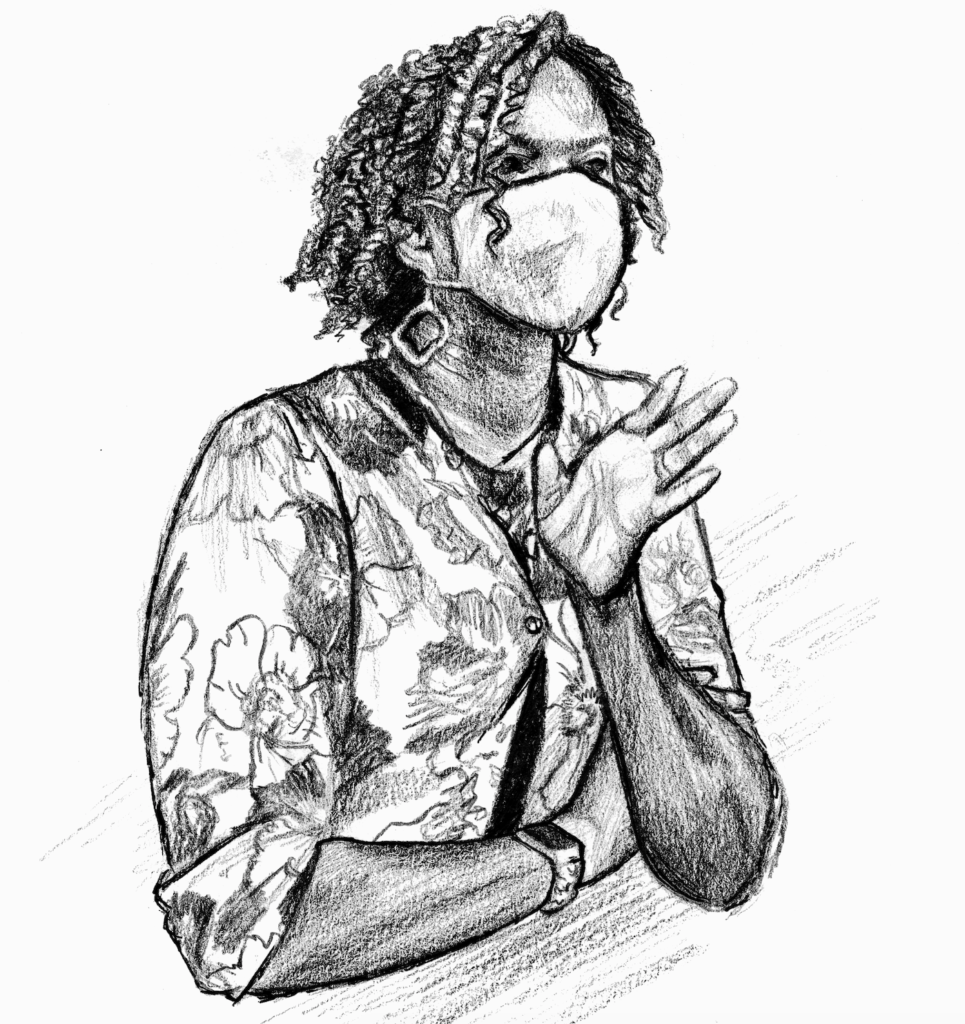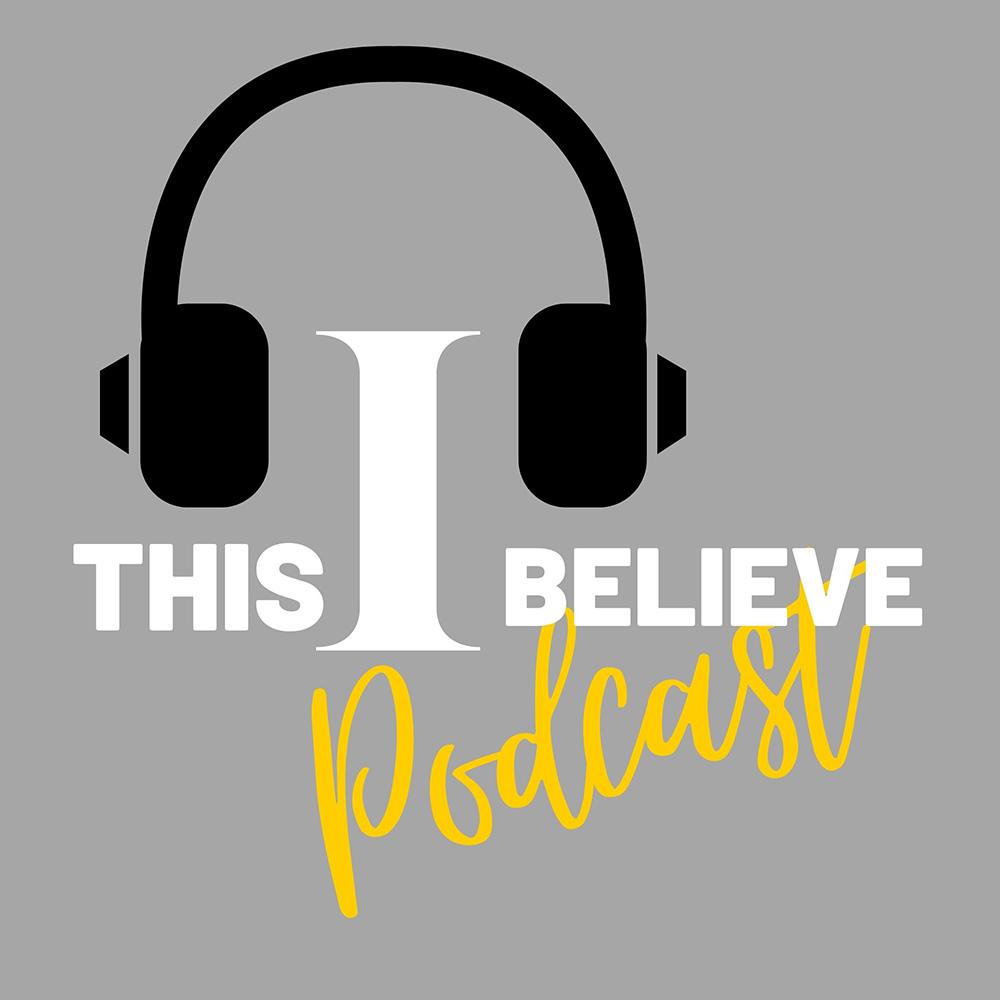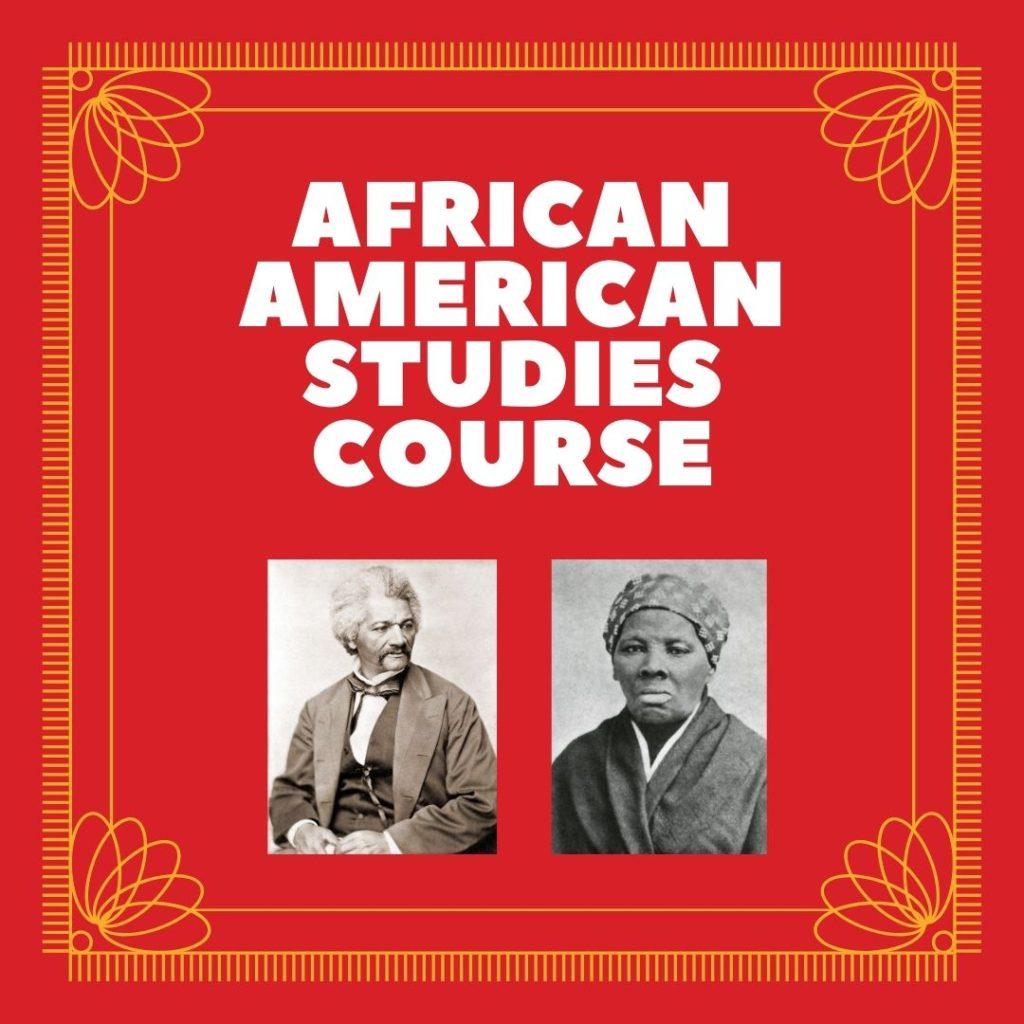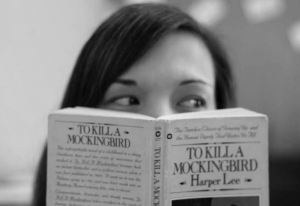 Opening a book and enjoying the story that an author has to tell is an experience that has sometimes been considered law-breaking. In communities across America, books have been ripped from shelves and considered banned. In response to the limits set on intellectual freedom, students have fought back by celebrating Banned Books Week from September 21st to the 27 th.
Opening a book and enjoying the story that an author has to tell is an experience that has sometimes been considered law-breaking. In communities across America, books have been ripped from shelves and considered banned. In response to the limits set on intellectual freedom, students have fought back by celebrating Banned Books Week from September 21st to the 27 th.
For English and speech teacher Lisa Britt, the banned book To Kill a Mockingbird, by Harper Lee, is her favorite unit to teach to students.
“To Kill a Mockingbird has influenced my whole life,” Britt said. “It has influenced me to always consider the views of other people.”
One of Britt’s favorite quotes, stated by the character Atticus Finch, reads, “You will always get along with all kind of fools. You never really know a person until you consider things from his point of view.”
The undeniable influence of literature on students is a key reason why Britt and readers alike believe banning books is just the same as putting a veil over the important moments in history and the lessons that they teach youth.
“Literature is about life, the good, the bad, and the ugly,” Britt said. “If we keep real literature about our world boxed up or shut away from students, we have lost sight of the whole point of education. Literature is about life.”
Award winning book series, such as The Hunger Games by Suzanne Collins and the Harry Potter series by J. K. Rowling, were also listed on the Banned Books List. Spells, wizards, and unrealistic fantasy are motifs of literature that communities may find contradictory to religious viewpoints. Book banners may find these novels full of unorthodox practices and ideas, but senior Izaak Spiers discovered the true message between all the magic and mild fictional fighting within these literary works.
“If these books are banned, you can’t learn from the morals they teach,” Spiers said.
The banned Harry Potter books by J. K. Rowling is a series that Spiers believes demonstrates the significance of tolerating the differences amongst other people and ideas that surround our society.
“In the banned book Harry Potter, the story is good, the message talks about putting aside differences so that you can work with other people,” Spiers said. “Plus, I really like magic.”
There are many students just like Spiers who read not only for the interesting elements in literature, such as the equivocal power of magic in the banned book Harry Potter, but also read to be inspired by the author’s intended message expressed throughout the story.
Librarians have been at the forefront of the Banned Books Movement, offering their support of intellectual freedom and sharing their opinions in regards to the importance of this monumental movement.
The celebration of intellectual freedom is one of the most essential parts of Banned Books Week. Librarian Allison Heath, as an avid reader, is an advocate for this right.
Though America is a nation based on liberty, book banners have put barriers around intellectual freedom. Banned Books Week gives an opportunity to break these barriers and demonstrate why American literature has positively affected readers for generations.
“You should have the freedom to read whatever you choose,” Heath said. “Just because a book offends you, doesn’t mean everyone shouldn’t read it.”

